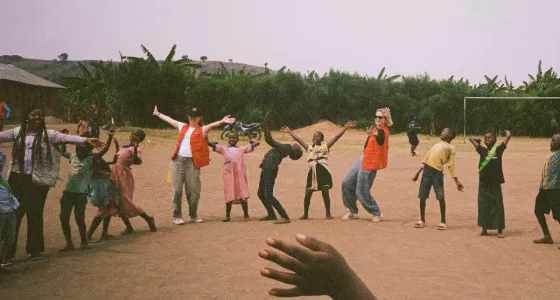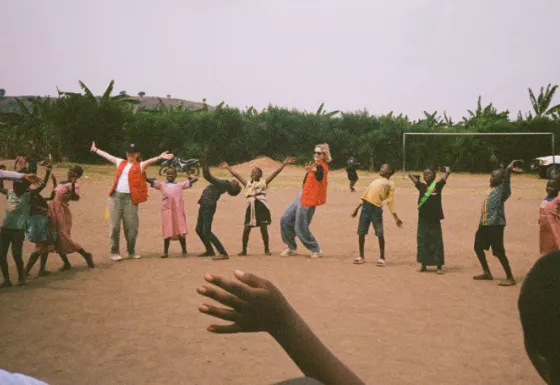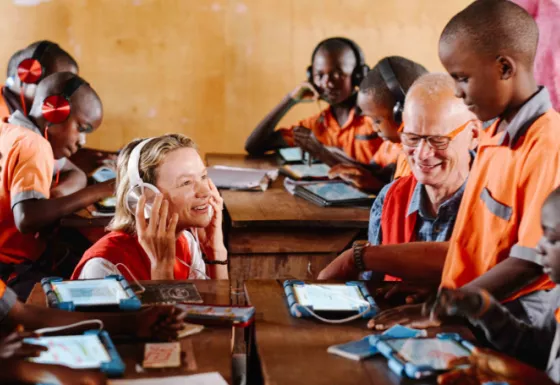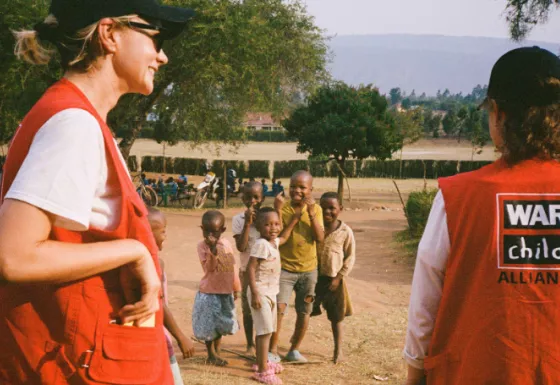On World Refugee Day it’s incumbent on us all to remember that the most vulnerable refugees are, of course, children - those who have lost not only their homes but so often their right to a childhood.
At the Nakivale Refugee Welcome Centre in South West Uganda, conditions are dire. Families sleep on concrete floors in overcrowded, unsanitary spaces. One mother from the Democratic Republic of Congo (DRC) I met during a visit last year with War Child, had fled with her eight children after enduring horrific trauma. Her children - ranging from toddlers to teens - were silent, fearful, and stuck in limbo.
That’s what hits me every time. These children weren’t allowed to be children. None were playing. They were waiting. Their right to a childhood - safety, health, education, play - had been stripped away. Yet they had none of the agency of adulthood. So instead, they waited.
A Child Friendly Space - a clean, safe area where children can play, learn, and simply be children - would have transformed everything for that family. It’s a simple concept with profound impact. It gives children a voice, a moment of normalcy, and gives parents critical time to take a breath, reach out for help and start the process of rebuilding their lives.




